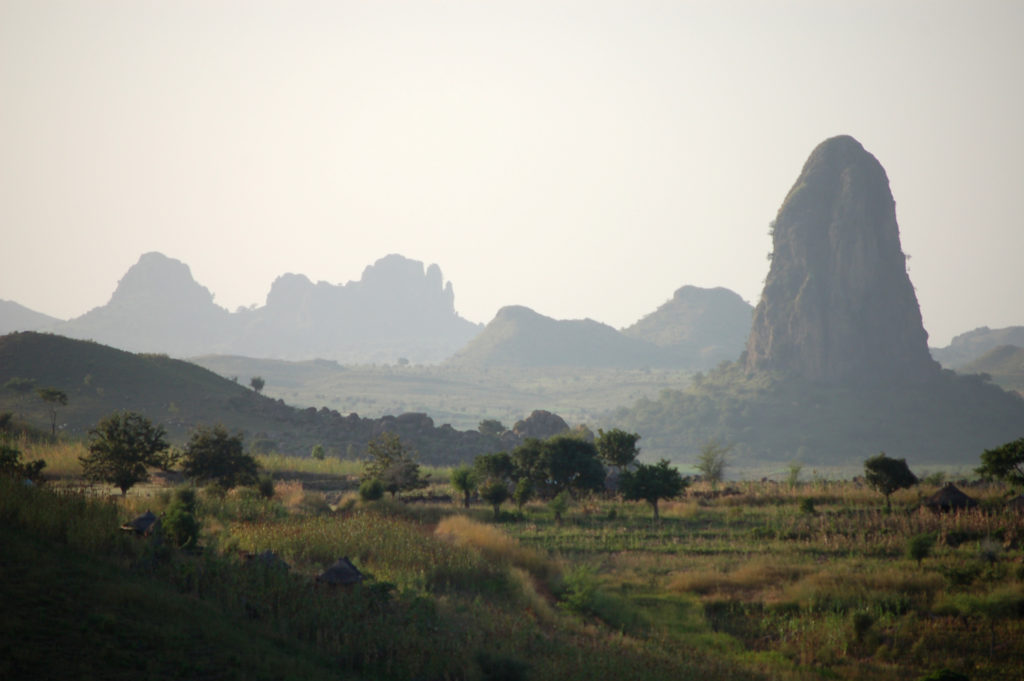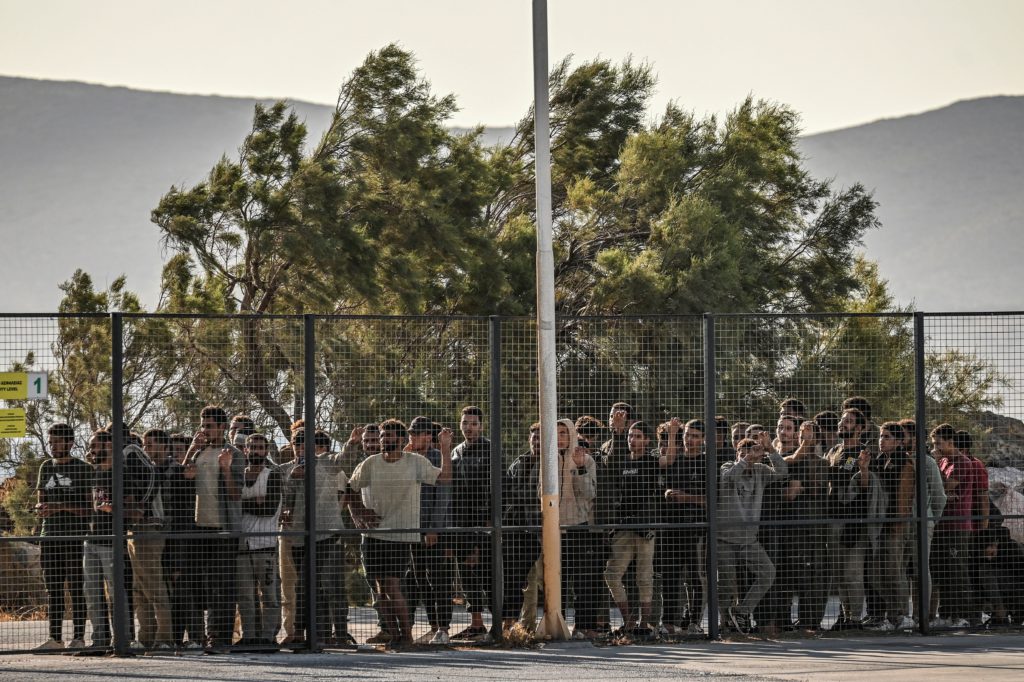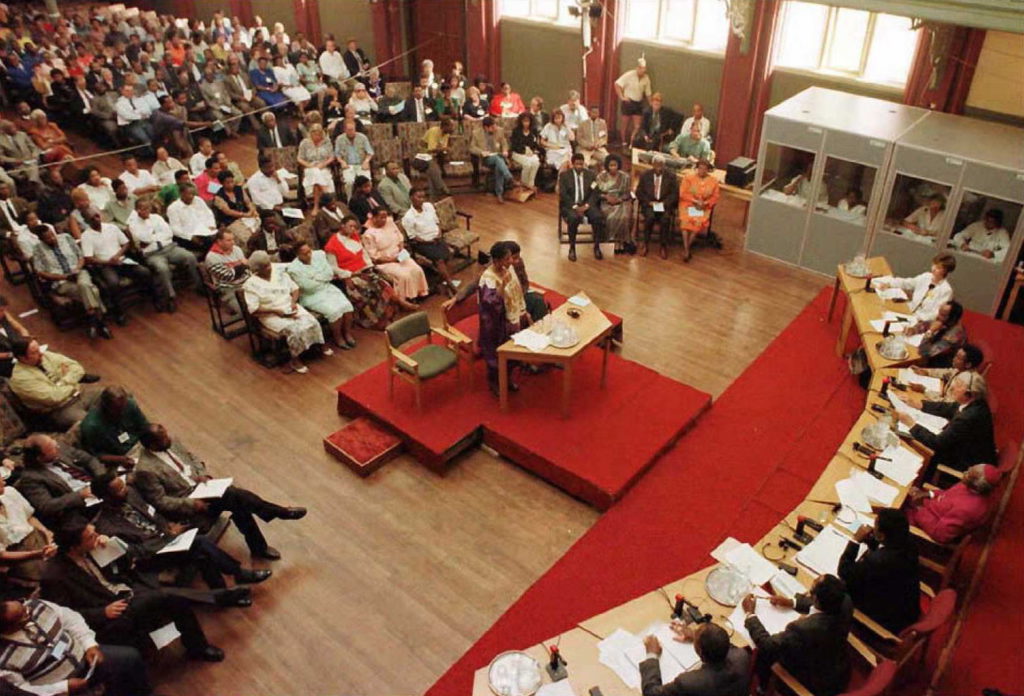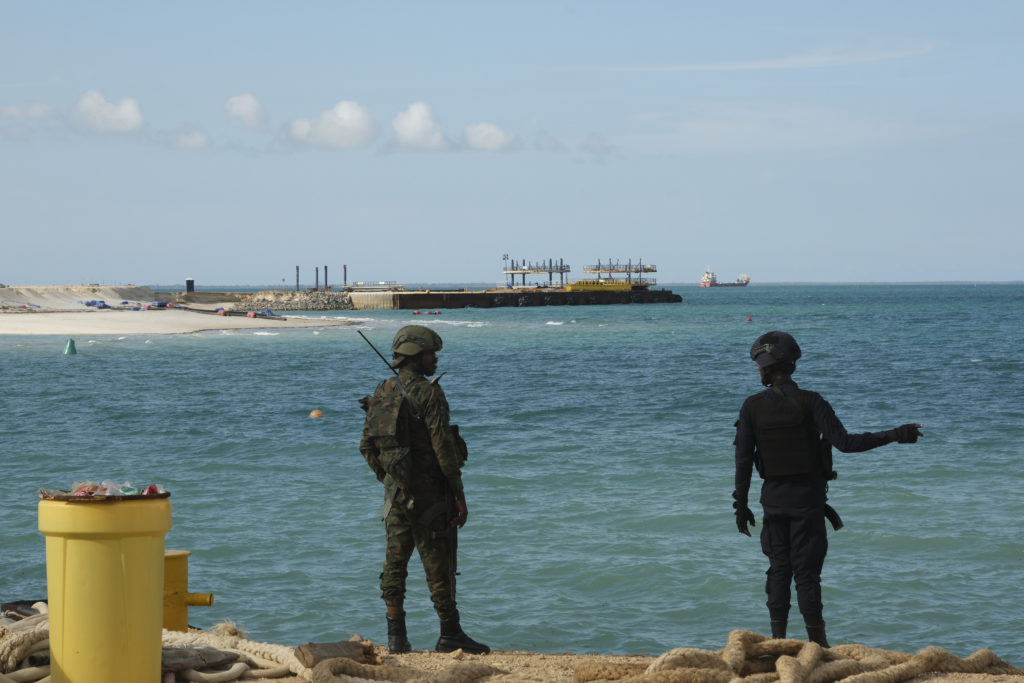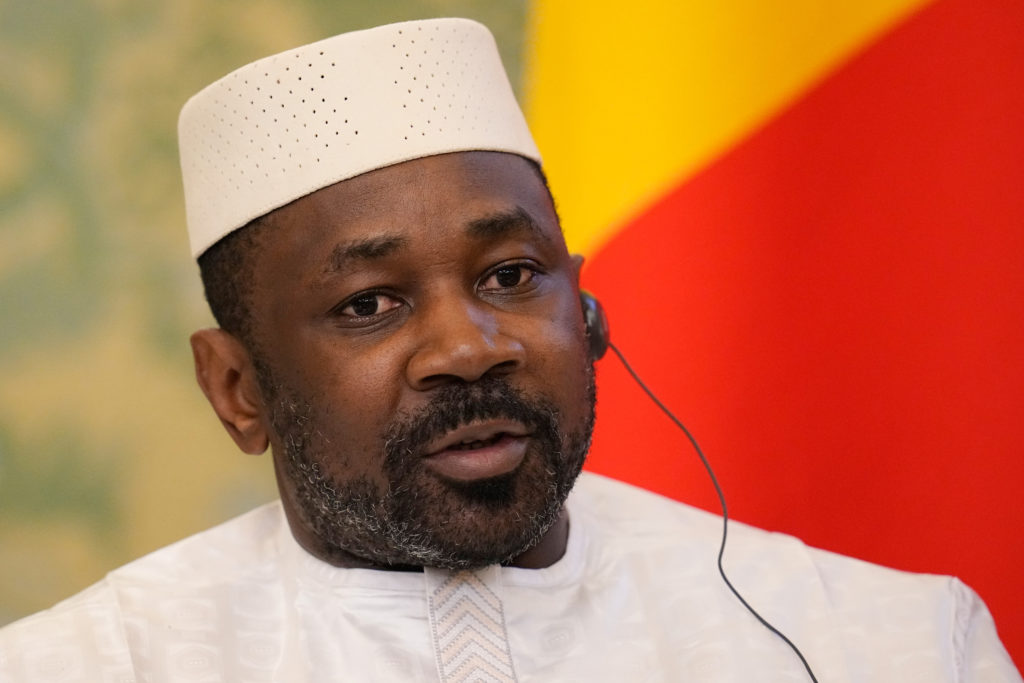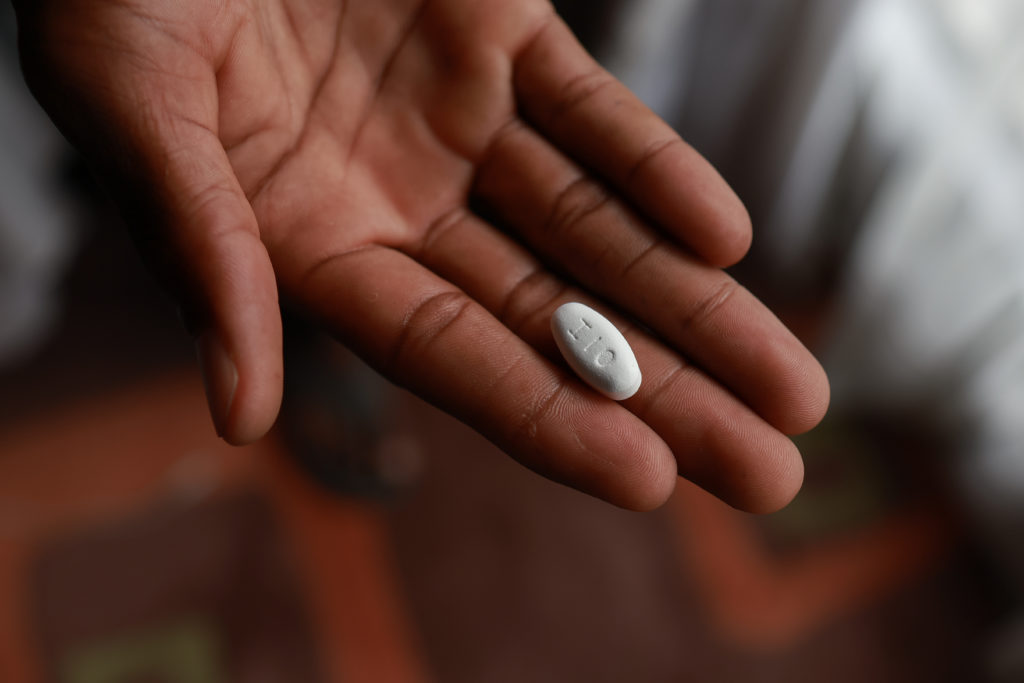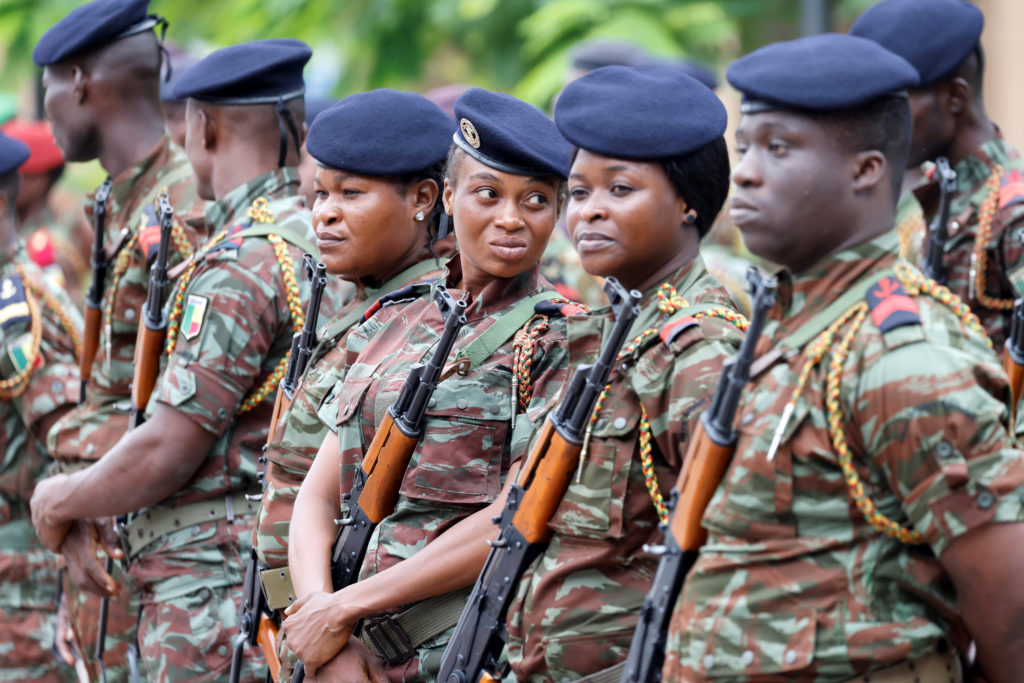Boeing evades MAX crash trial with last-minute settlement
Boeing has reached a settlement with a man whose family died in a 737 MAX crash in 2019, a law firm told AFP on Friday, meaning the US aviation giant will avoid a federal trial slated for Monday. Paul Njoroge, who lost his wife and three children in the Ethiopian Airlines disaster in which 157 people …
Boeing evades MAX crash trial with last-minute settlement Read More »


